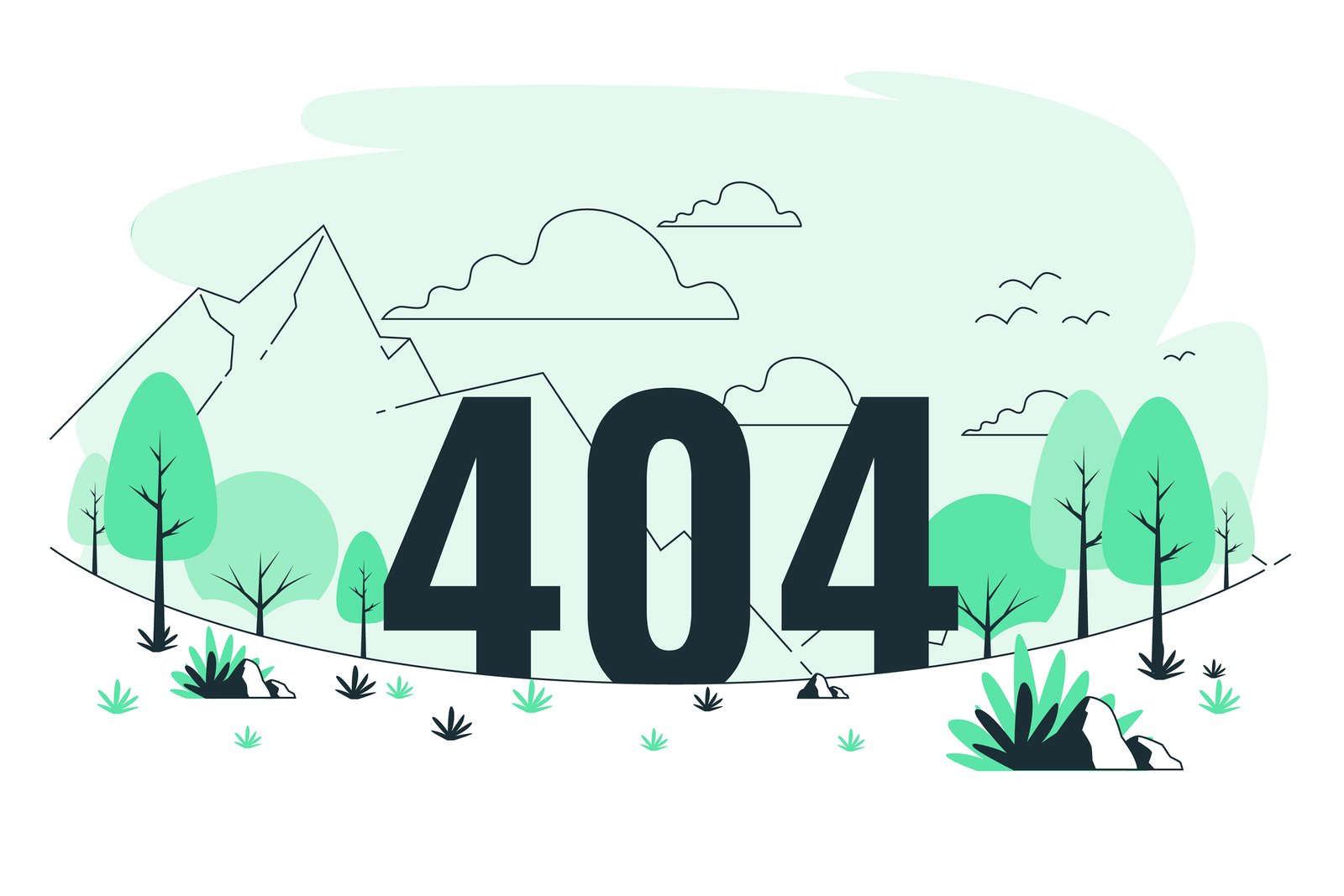
Achieving Weight Loss Through Protein: What You Need to Know
Do you want to slim down and get healthier but aren’t sure where to start? It’s time to look at the role that protein plays in weight loss.
The right amount and type of protein intake can help you reach your health goals. Eating more protein causes better satiety, increased calorie burn, and promotes lean muscle mass. Protein is essential for many bodily functions, including building muscle, creating hormones, and healthy functioning of our cells. Plus, there’s evidence that suggests it can lower blood pressure and cholesterol as well as reduce cravings for carbs.
In this article, we will explore what you need to know about this super-nutrient to make sure you are eating the right type of proteins while achieving weight loss effectively. Let’s dive in!
How Protein Plays a Role in Weight Loss
You start your weight loss journey for many reasons – to feel better, look better, and generally improve your overall health. But where should you start?
It is well known that protein plays a key role in the process of weight loss. It is essential for building muscle mass and can help keep you full for longer, thus reducing your cravings for high-calorie snacks and processed food. Protein also increases metabolism so that you can burn more calories throughout the day. For these reasons, it's important to make sure to get an adequate amount of protein on a regular basis. If you're not sure how much protein you need when aiming for weight loss, talk to your doctor or nutritionist about what would work best for your body type and goals.
Recommended Daily Protein Intake for Losing Weight
You know that protein can be beneficial for weight loss, but how much should you be consuming? The recommended daily intake for those looking to lose weight is 1.4-2.0 grams of protein per kg of bodyweight. That may sound like a lot, but don't worry—you don't have to eat a ton of steak and burgers to hit your target. Fruits, vegetables, legumes, nuts, and dairy are all excellent sources of protein too.
A good place to start is to make sure you're eating a certain amount at each meal and snack. For instance, 4 ounces of lean meat contains around 28 grams of protein; one cup of cooked black beans has 15 grams; one cup of cooked quinoa contains 8 grams; one cup of Greek yogurt has 15-20 grams; and one ounce (about a handful) of nuts provides 5-6 grams.
By diversifying your sources, you can easily hit your daily target. Just remember: combining the appropriate amounts with healthy fats and carbs will help ensure satiation while promoting weight loss over time!
Benefits and Drawbacks of a High-Protein Diet
When it comes to protein and weight loss, there are plenty of reasons to include protein in your diet. The main benefit is that high-protein foods tend to be more filling than other types of food like carbohydrates. Because protein helps keep you full for longer, it can help you control your cravings and reduce the urge to overeat.
Additionally, protein takes more energy to break down, which means you can burn more calories while digesting a high-protein meal than with a low-protein meal. So if you’re looking for an extra boost in metabolism without making drastic changes, adding more protein to your diet could have some helpful benefits.
Overall, increasing your daily intake of protein may have some beneficial effects for those who are looking for weight loss, but it’s important to consider the potential risks associated with a high-protein diet before making any drastic changes. It’s also worth discussing with your doctor or nutritionist as they will be able to provide advice that is tailored specifically to your individual needs and goals.
Different Protein Sources to Include in Your Diet
Protein is the macronutrient that can help you achieve your weight loss goals and maintain your overall health. But you need to know what kind of protein to eat. Here are some of the best sources of protein to include in your diet:
Plant Proteins
Plant proteins include legumes (such as beans and lentils), grains (such as quinoa and oats), nuts, seeds, and vegetables. While plant proteins are not complete proteins (they do not contain all nine essential amino acids) they can be combined with other plant proteins to get the necessary amino acids. Plant proteins also provide a variety of vitamins and minerals such as iron, potassium, magnesium and B-vitamins.
Dairy Products
Dairy products like milk, cheese, yogurt, cottage cheese and ice cream are high in both protein and calcium. Calcium is important for bone health so it’s important to include dairy in your diet if you don’t have any dairy allergies or intolerances. Dairy products can also be high in fat so make sure you’re choosing lower fat options like nonfat milk or nonfat Greek yogurt.
No matter what type of protein you choose to include in your diet, make sure it’s part of a balanced nutrition plan that includes other food groups such as vegetables, grains, fruits and healthy fats like
Understanding Protein Deficiency
Have you ever wondered what happens if you don't get enough protein in your diet? Protein deficiency can be serious business, so it's important to understand how much of this macronutrient you need for optimal health.
Protein Deficiency
It is known as protein deficiency, or hypoproteinemia, when someone doesn’t get enough of the essential amino acids their body needs through their diet or supplements. Symptoms of this deficiency include fatigue, muscle weakness, impaired immunity, slow healing of wounds, stunted growth and organ dysfunction. In some cases, protein deficiency can even lead to death if not treated quickly.
To avoid any potential issues that come with a lack of protein intake:
- Eat nutrient-dense foods like lean meats, eggs, fish, fruits and vegetables.
- Talk to your doctor about supplementing your diet with a high-quality source of protein powder if necessary
- Make sure you include lean proteins into your meals no matter what time of day it is
Protein is essential for weight loss and overall health, but the key is the type and amount. Eating adequate amounts of quality protein can lead to a significantly reduced risk of obesity, cancer and heart disease, as well as improved weight management.
Whether you are striving for weight loss or overall wellbeing, incorporating more lean protein sources like fish, poultry, and eggs into your diet is a wise choice. Working with a registered dietitian or nutritionist can help you to know the right amount of protein and the best sources for your particular goals. With the right education and commitment, you’ll be able to benefit from the nutrition boost that optimal protein intake can provide.

